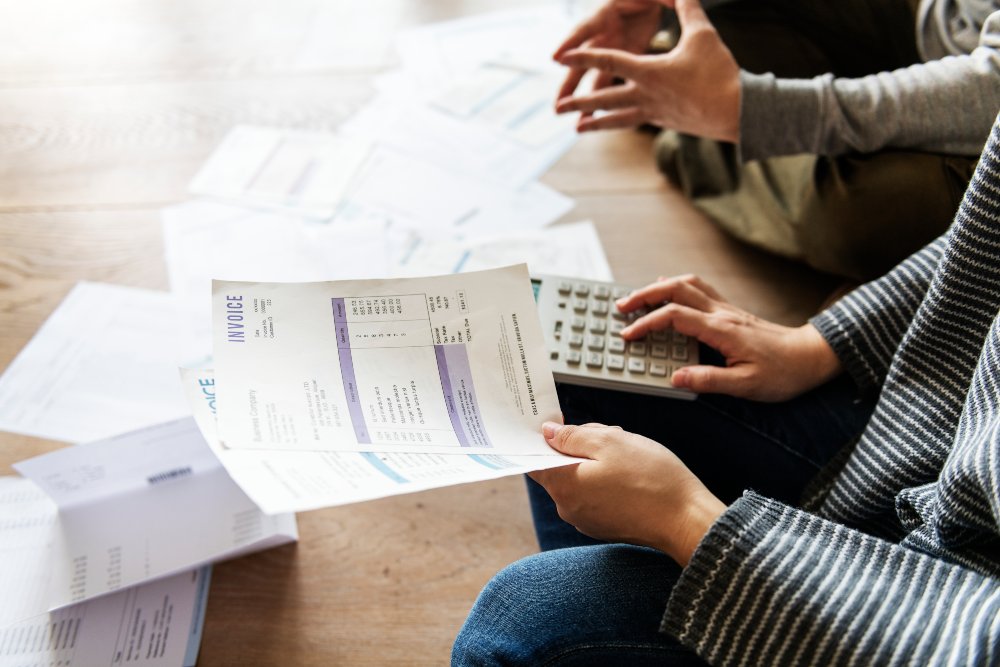What Happens After You File For Bankruptcy?

Filing for bankruptcy is not an easy decision, and it can be stressful to face so many uncertainties when you are going through financial difficulty. The good news is, there are many resources available to answer your questions. If you are unsure what to expect, here is an overview of what comes next. You can use it to help brainstorm questions before calling a bankruptcy lawyer Plymouth.
What Happens to Debt
In the United States, consumers can file for one of two types of bankruptcies: Chapter 7 or Chapter 13. The court will handle your debts based on which chapter you file. If, for example, you choose to go with Chapter 7, you can expect the process to eliminate most (if not all) of your unsecured debt. With Chapter 13, you will work with creditors and the courts to create a repayment plan.
What Happens to Property
While you still have to pay creditors back with the Chapter 13 route, you also get to keep your property- maybe even your vacation home. The reason for this is because you set up a way to repay creditors, so there is no need for them to try to reduce your debt by selling your assets.
What Happens to Credit
No matter what, filing for bankruptcy is never stellar for a credit report. If you file under Chapter 7, banks will be able to see that for the next 10 years, and many places will view it unfavorably. Chapter 13 is still bankruptcy, so it will not look great to those who run your credit report, but it also shows you are repaying debts, so it looks a bit better than Chapter 7. Additionally, it only stays on your credit history for seven years.
The results of bankruptcy are a mixed bag of good and bad. On the upside, you can expect to eliminate crushing debts, but on the downside, your credit will suffer for a while. Either way, you should do whatever is best for you.